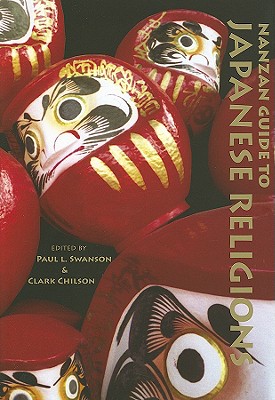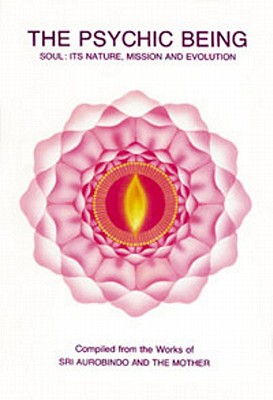
description
zan Guide site at Nanzan Library of Asian Religion and Culture. The Nanzan Guide to Japanese Religions combines, for the first time in any language, state-of-the-field theoretical and critical discussions with concrete resources students and scholars need to conduct research on Japanese religions. Even seasoned scholars typically approach their research in an unsystematic manner, becoming familiar with a particular area of inquiry while remaining largely unaware of what exists in the rest of the field. This inefficient method hinders particularly less-experienced researchers and circumscribes their lines of inquiry. The Nanzan Guide provides both beginners and specialists with a reference that will serve as a basic introduction to Japanese religions and allow them to conduct research more proficiently and in greater depth. Overlapping and thought-provoking chapters, written by leading specialists, offer a variety of perspectives on the complicated and multifaceted field of Japanese religions. The essays are divided into four sections: religious traditions (Japanese religions in general, Shinto, Buddhism, folk religion, new religions, Christianity); the history of Japanese religions (ancient, classical, medieval, early modern, modern, contemporary); major themes (symbolism, ritual and the arts, literature and scripture, state and religion, geography and environment, intellectual history, gender); and "practical" essays (finding references and using libraries, working with archive collections, conducting fieldwork). A chronology of religion in Japanese history is also provided.
member goods
No member items were found under this heading.
Return Policy
All sales are final
Shipping
No special shipping considerations available.
Shipping fees determined at checkout.







